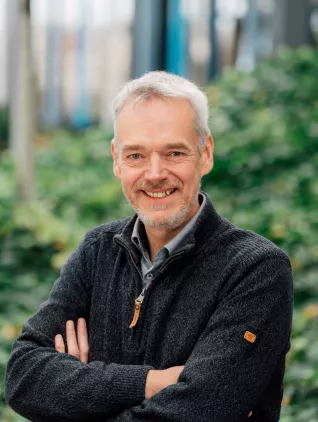ProciNut - Production and Processing of Edible Insects for Improved Nutrition
Research project at a glance
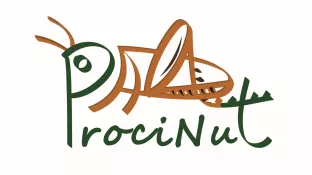
Keywords
Departments and Instituts
Funding type
Period
01.03.2018 to 31.03.2022
Website
Project Description
Project description
The proposed capacity research and development project intends to better exploit the potential of edible insects for nutrition. It explores various processing technologies of local insect species and expands small-scale commercial production and processing activities. The goal is to produce safe and nutritious end products that fill seasonal gaps, increase household food security, and improve the incomes of poor women in Madagascar and Myanmar. The strength of the project lies in a South-South collaboration between Southeast Asia (Myanmar, Thailand) and East Africa (Madagascar) that leverages the advanced knowledge of the organized insect production and processing sector (mini farms) in Southeast Asia for knowledge transfer and training across continental borders.
A gender-sensitive action research approach will be taken to address women's needs and preferences, avoid role-specific disadvantages, and increase potential for adaptation. The training component will not only initiate South-South cooperation, but also raise awareness among extension services and policy makers about the importance of edible insects in nutrition so that they are included in agricultural programs and legislation. To this end, the International Center for Sustainable Development (IZNE), in collaboration with project partners from the Food Protects project (InsectLab), is developing training materials for a safe and sustainable production chain and conducting workshops for different target groups.
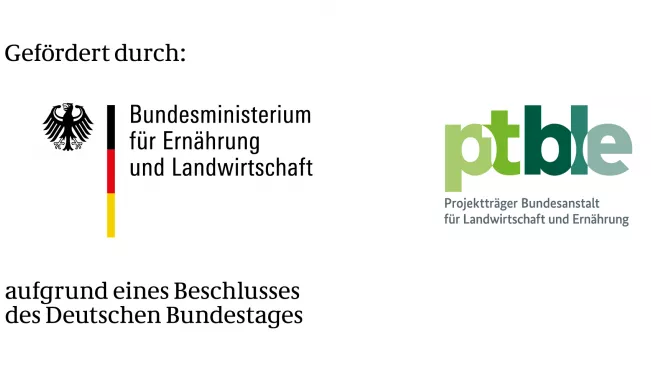
Cooperation partners
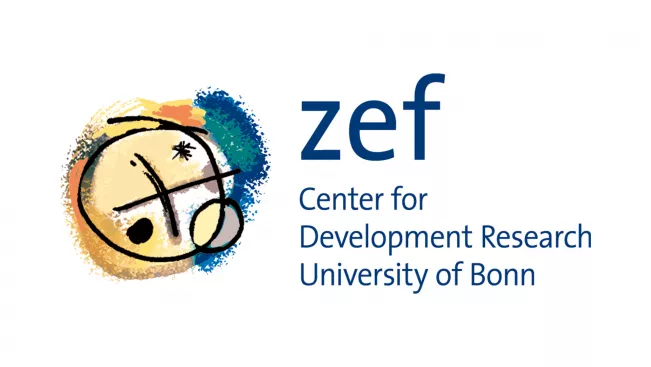

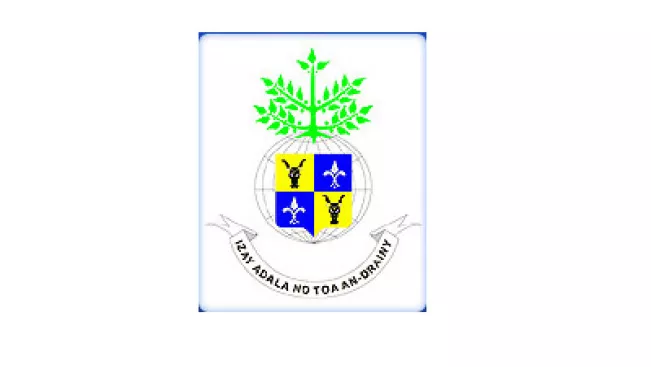
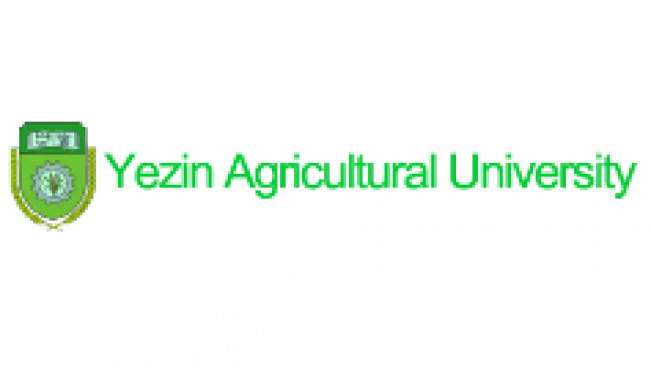
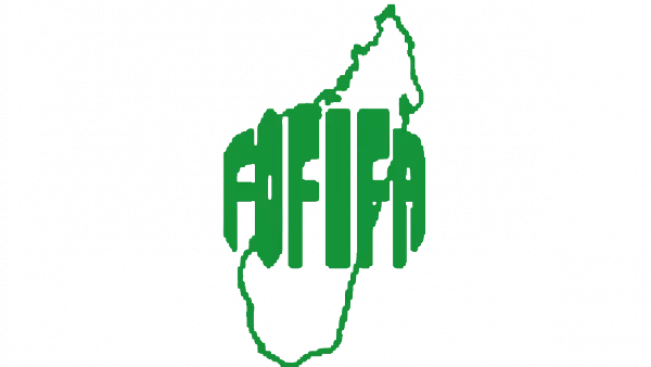
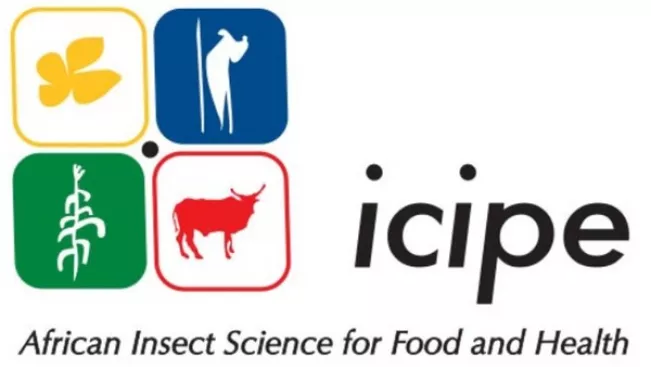
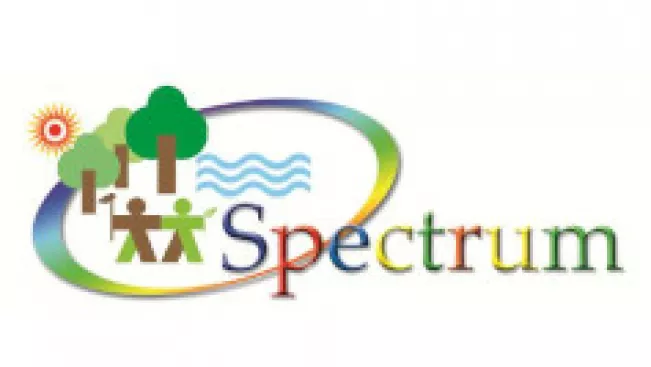
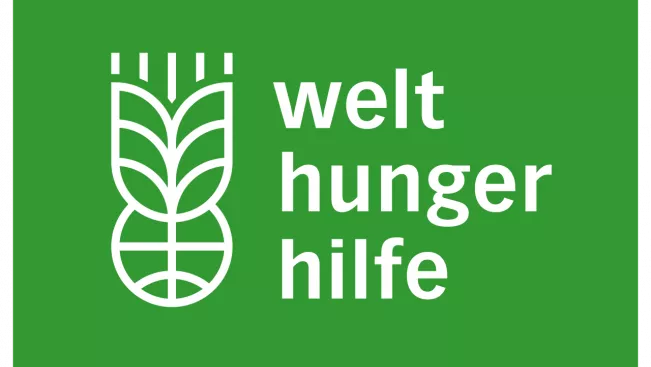
Sponsors

Kontakt

Martin Hamer
Professor for soils and biomass, Director of the International Centre for Sustainable Development (IZNE), Department of Applied Natural Sciences
Research fields
Location
Sankt Augustin
Room
F 311
Address
Grantham-Allee 20
53757, Sankt Augustin
Telephone
+49 2241 865 774